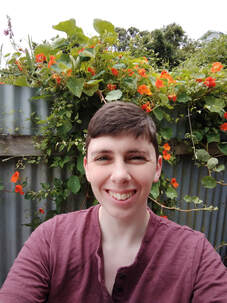
I’m from Wellington and I currently work in a government department library. I became a library assistant at Porirua City Libraries straight out of high school, with a love of reading but no plans to become a librarian. However, I found I really enjoyed being a part of the behind-the-scenes work in libraries.
Desiree Flaws was my manager at Porirua City Libraries when I started, and she was the person who really encouraged me to start my diploma. I definitely wouldn’t still be working in this sector 10 years later if she hadn’t set me up on this path and been a continual supporter of my development the whole time I worked there.
Can you tell us about the qualification and what you enjoyed ?
I’m working towards a Bachelor of Library and Information Studies through the Open Polytechnic. I’ve still got a couple of papers to complete but I’m hoping to finish in 2023. I’ve always liked how the Open Polytechnic courses have a good blend of both theory and practice. I’ve found the overall structure of the courses has worked well for me with my learning style and I appreciate that the assignments are typically geared toward practical scenarios.
As someone who’s been working while studying, it’s been interesting to see how those two different paths of learning have coalesced. It’s been so helpful for me to have that real-world context for what I’m learning through academic study, and to be able to put it into practice.
What are your plans for the future?
At the moment I’m focused on finishing my degree. I really enjoy the work I’m doing at the moment, and I hope to stay in special libraries going forward. I love the diversity of the work I get to do as part of such a small team, and I enjoy having the opportunity to be involved in all the different areas of work that keep the library running.
Do you have a view on how new graduates can be supported by the sector? If so can you share it with us?
I probably don’t have the most relevant perspective on this issue as I’ve worked in libraries for the whole time I’ve been studying. I think mentorship opportunities would be a great way to support new graduates into the workforce. I think that having support from people who understand the industry and are happy to just answer questions would be incredibly valuable to new graduates as they transition into the workforce – even if this is as simple as CV development and interview preparation.

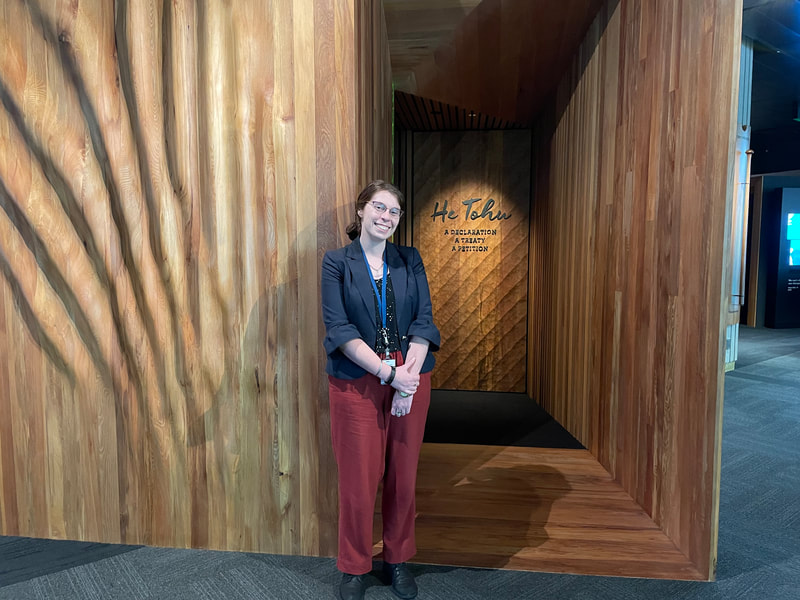
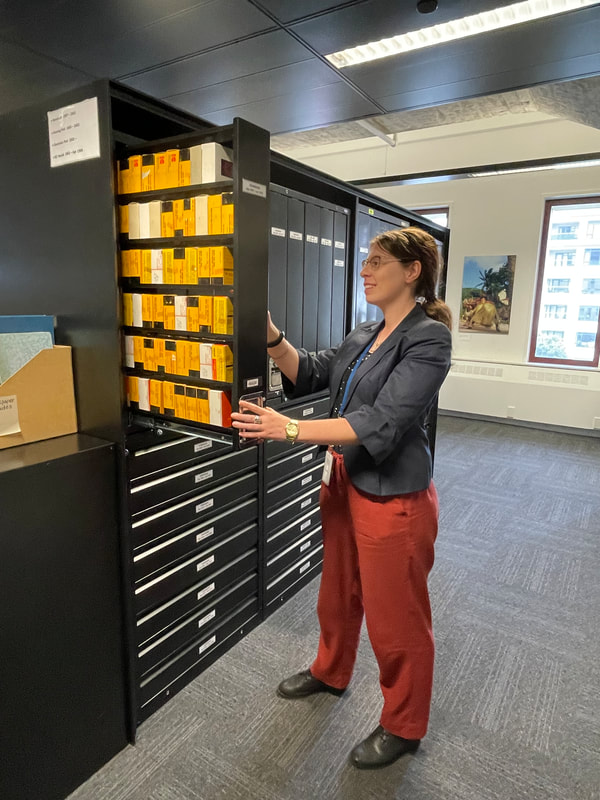
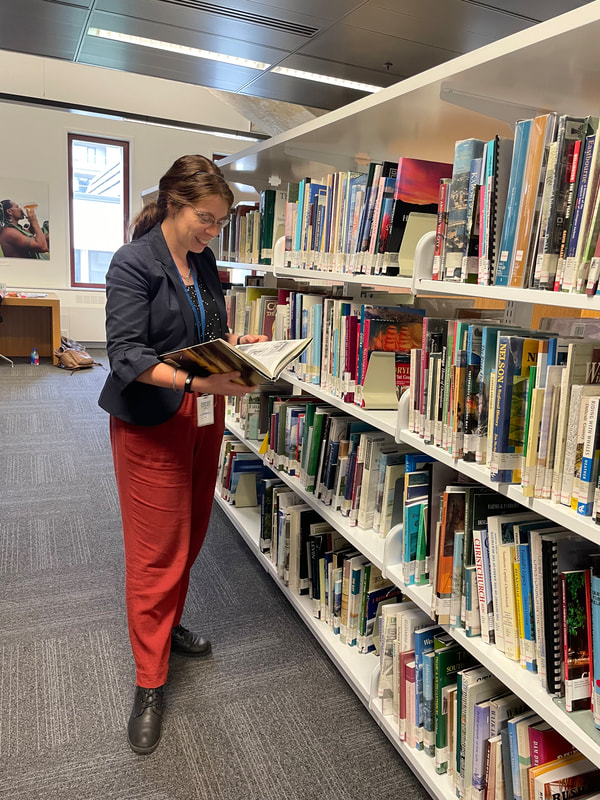
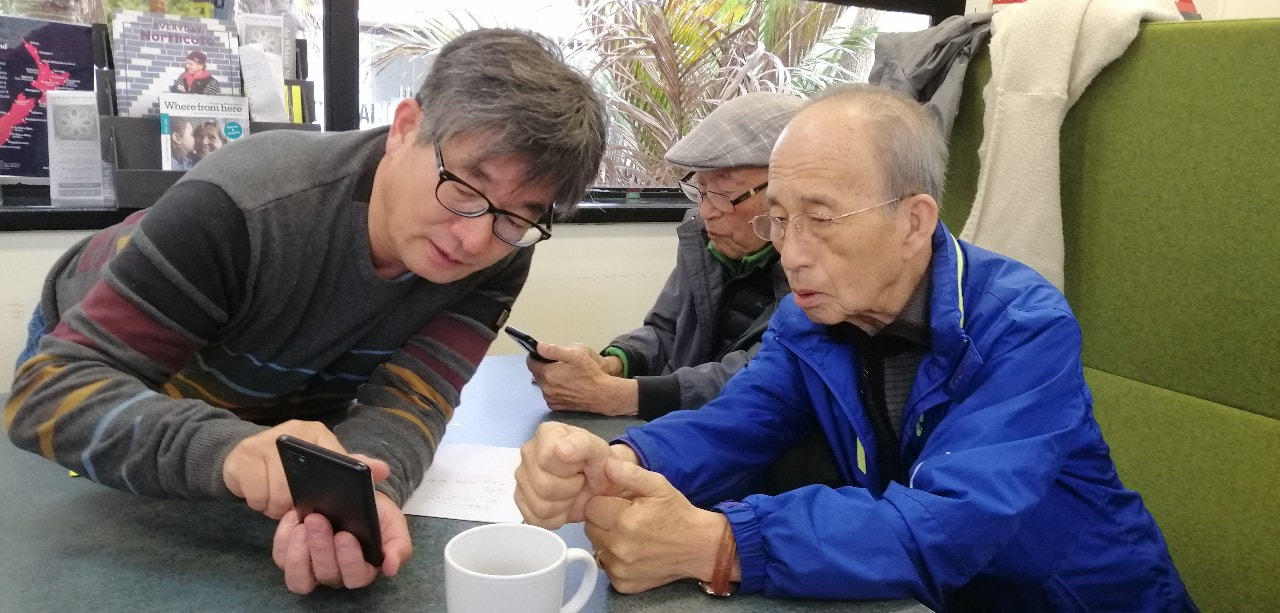
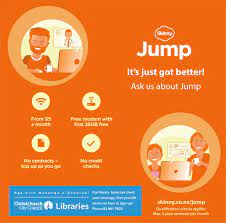
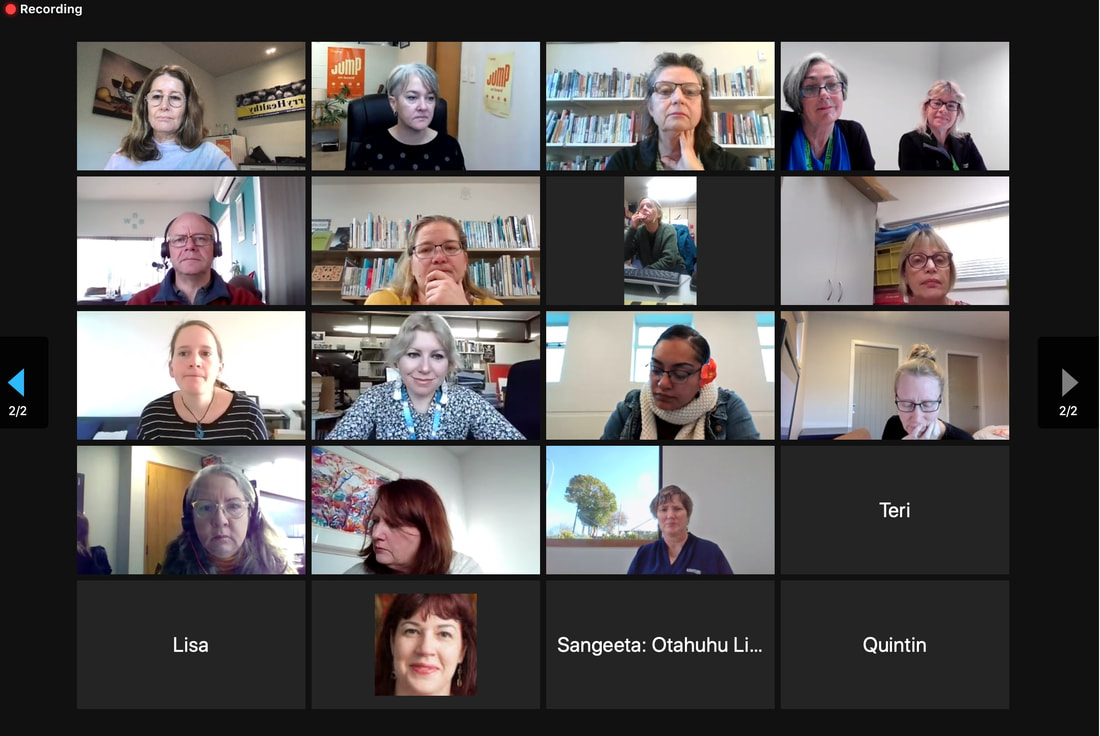
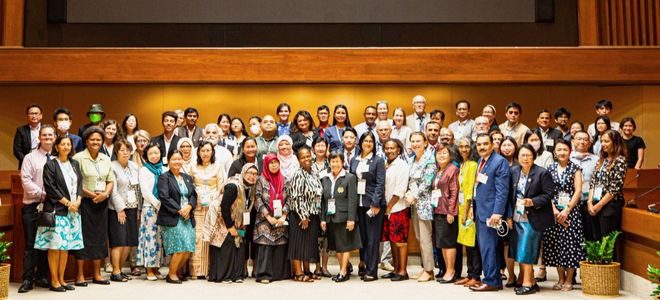
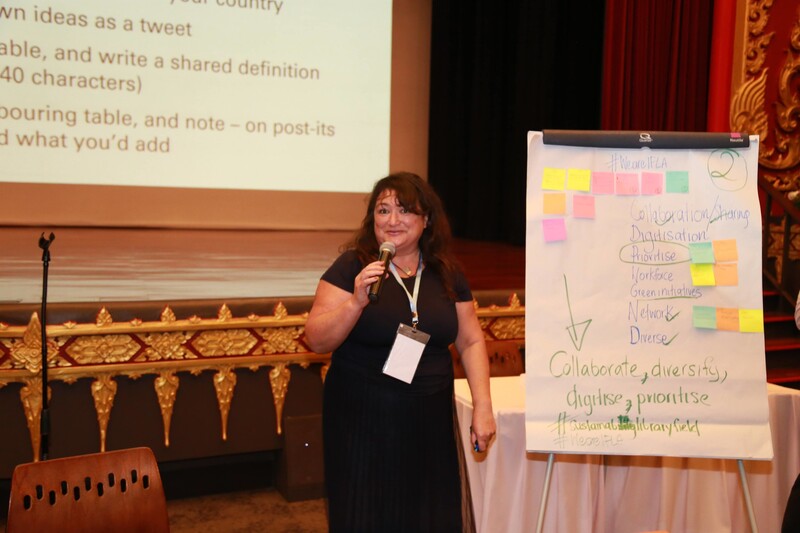
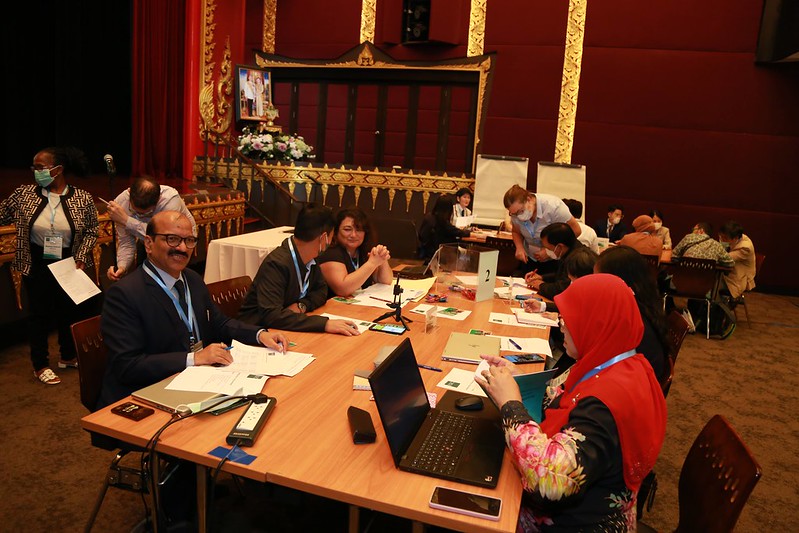

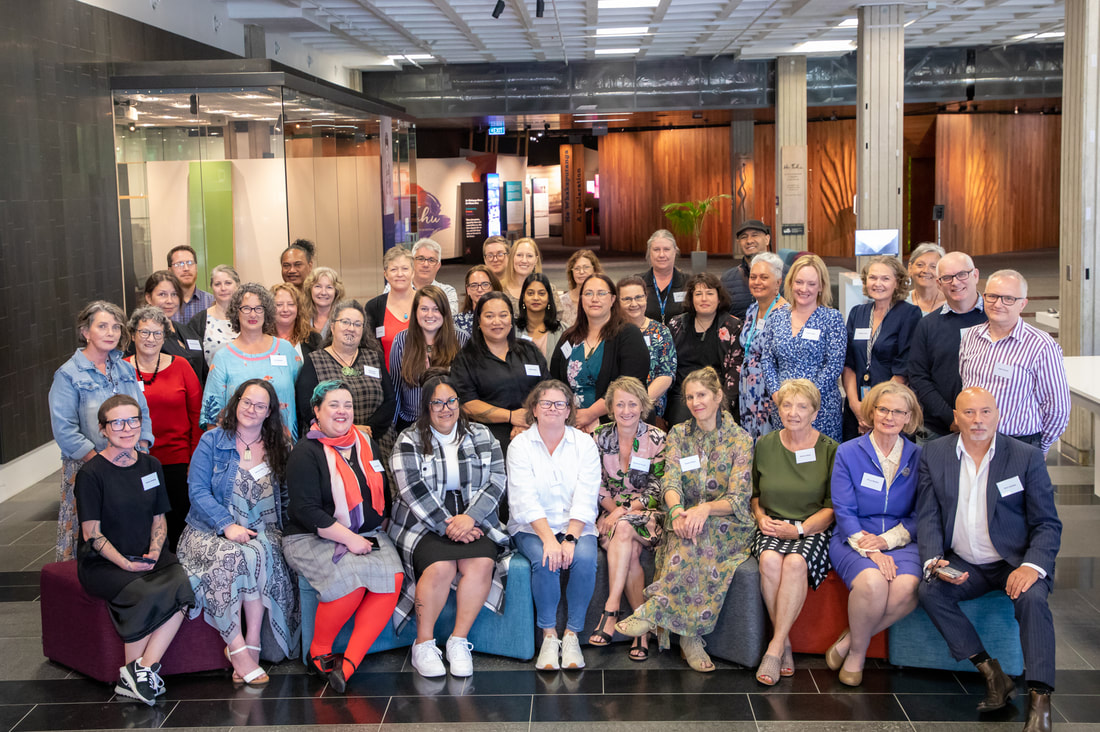
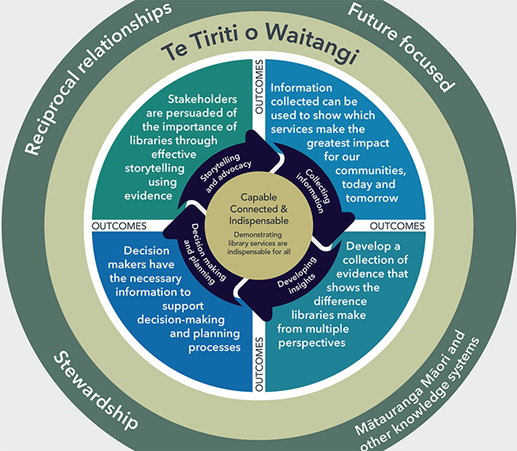
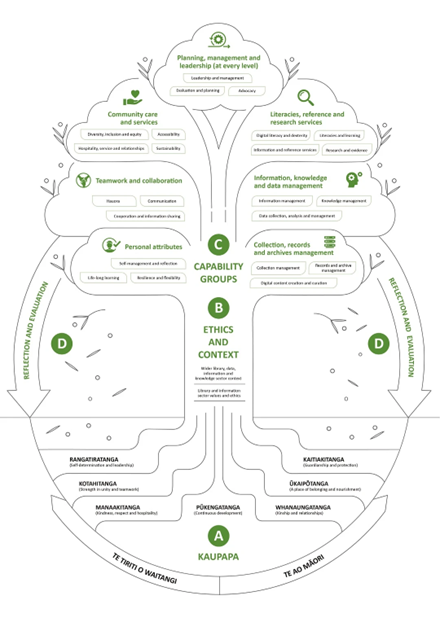
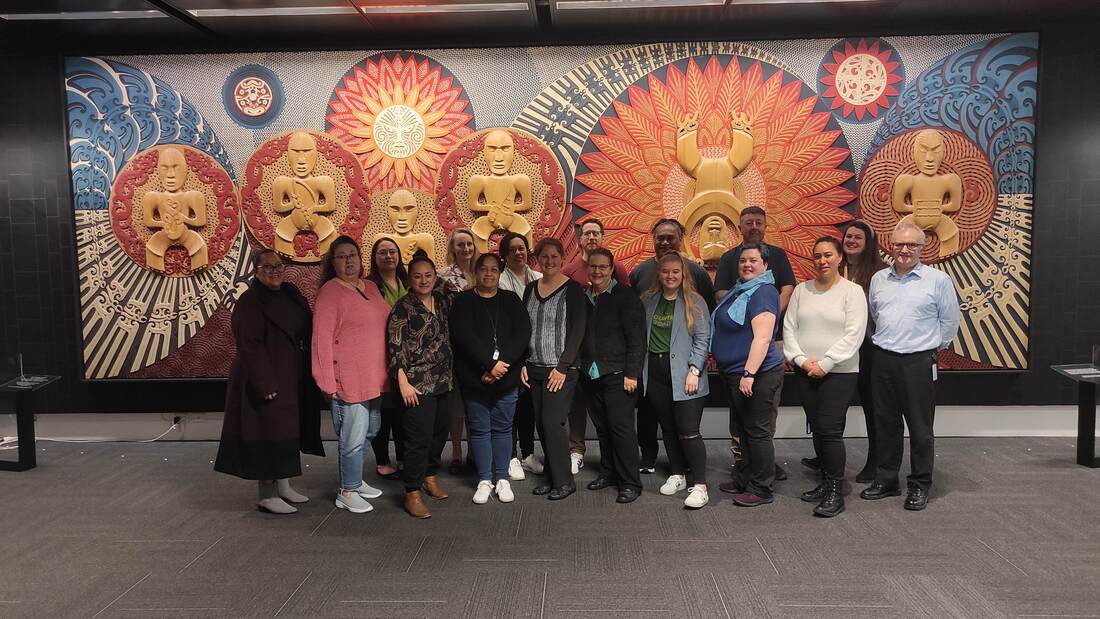
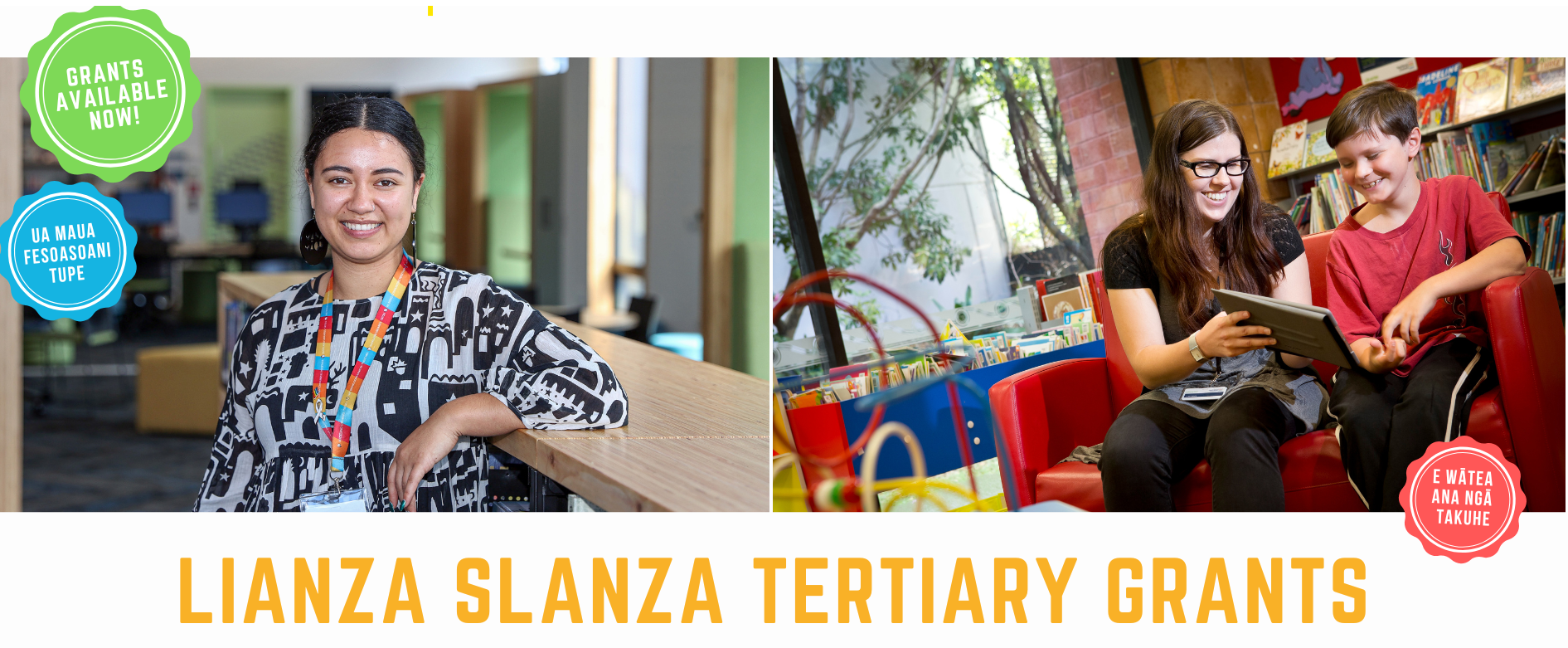

 RSS Feed
RSS Feed